Complex problems such as climate change, terrorism, and poverty do not respond to simple solutions.
Now, a researcher from the University of South Australia has created a tool to help communities and governments better address some of the world’s toughest challenges.
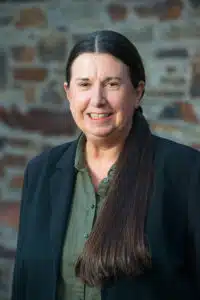
Sharon Zivkovic
“Wicked problems don’t have clean cause and effect solutions,” says Sharon Zivkovic, the researcher who developed the tool.
“These issues are complex, they have a multitude of different causes and they involve a number of stakeholders with differing goals.”
“My solution is a tool that is based in complexity science,” says Sharon.
A key concept in complexity science is that complex problems are greater than the sum of their parts.
So Sharon’s tool looks at a multitude of causes associated with the complex problem. And it takes into account all of the initiatives and organisations in a community that are addressing any of those causes, identifying ways that they can all work together more coherently to improve the way the entire complex system is functioning.
The tool has recently been turned into software, so that it is easier for communities and governments to use, which allows users to create a computerised representation of ways in which a complex problem is being addressed in a community.
It looks at what characteristics of that initiative are contributing towards improving the way the entire system is functioning – ‘how is this particular initiative helping?’
And it identifies where the initiative is missing characteristics that could contribute towards improving the way the system is functioning – ‘how could this initiative be more helpful?’
A range of factors can be manipulated to create ‘tipping points’ – a point at which the system ‘tips’ towards a better way of working.
“We’re often locked into the way we work in communities,” Sharon says.
“The software guides the processes of disrupting the existing pattern of behaviour. It helps prevent us returning to old, less successful ways of operating.”
Conversion of the tool into software was undertaken by Wicked Lab, funded by the Pank/University of South Australia Prize for Entrepreneurship in 2015.
Contact: Sharon Zivkovic, University of South Australia, 0404 749 218, Sharon.Zivkovic@unisa.edu.au
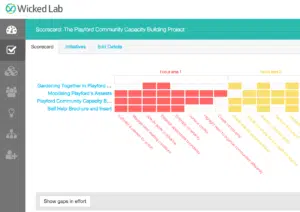
A screenshot of Sharon’s software-credit Sharon Zivkovic
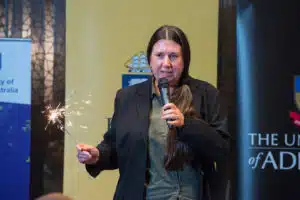
Sharon presenting at Fresh Science

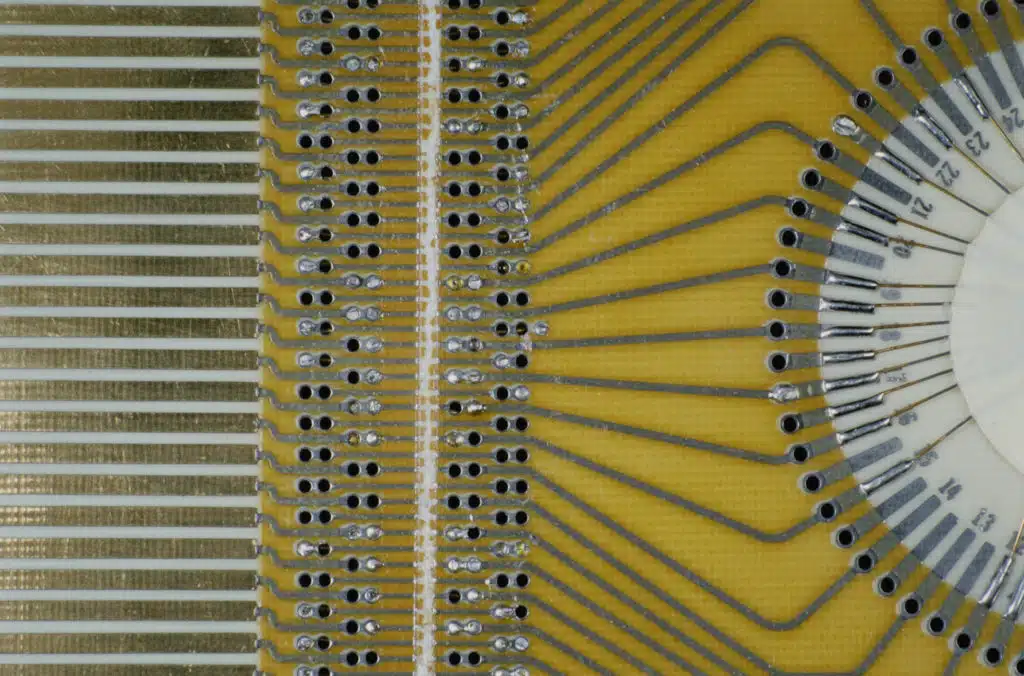

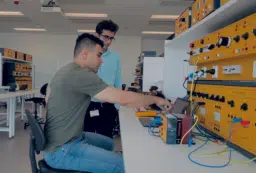

 Fresh Science is on hold for 2022. We will be back in 2023.
Fresh Science is on hold for 2022. We will be back in 2023.